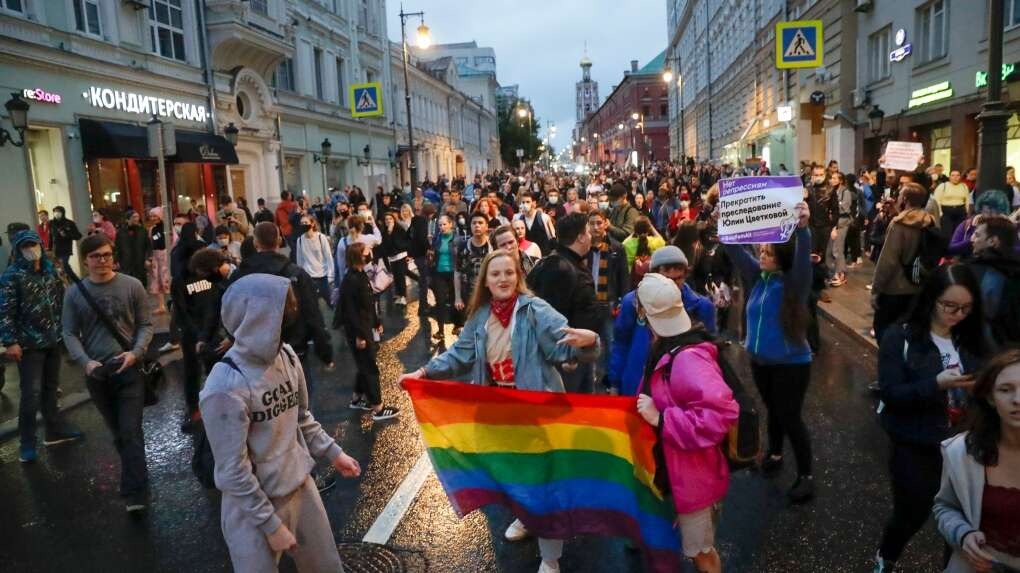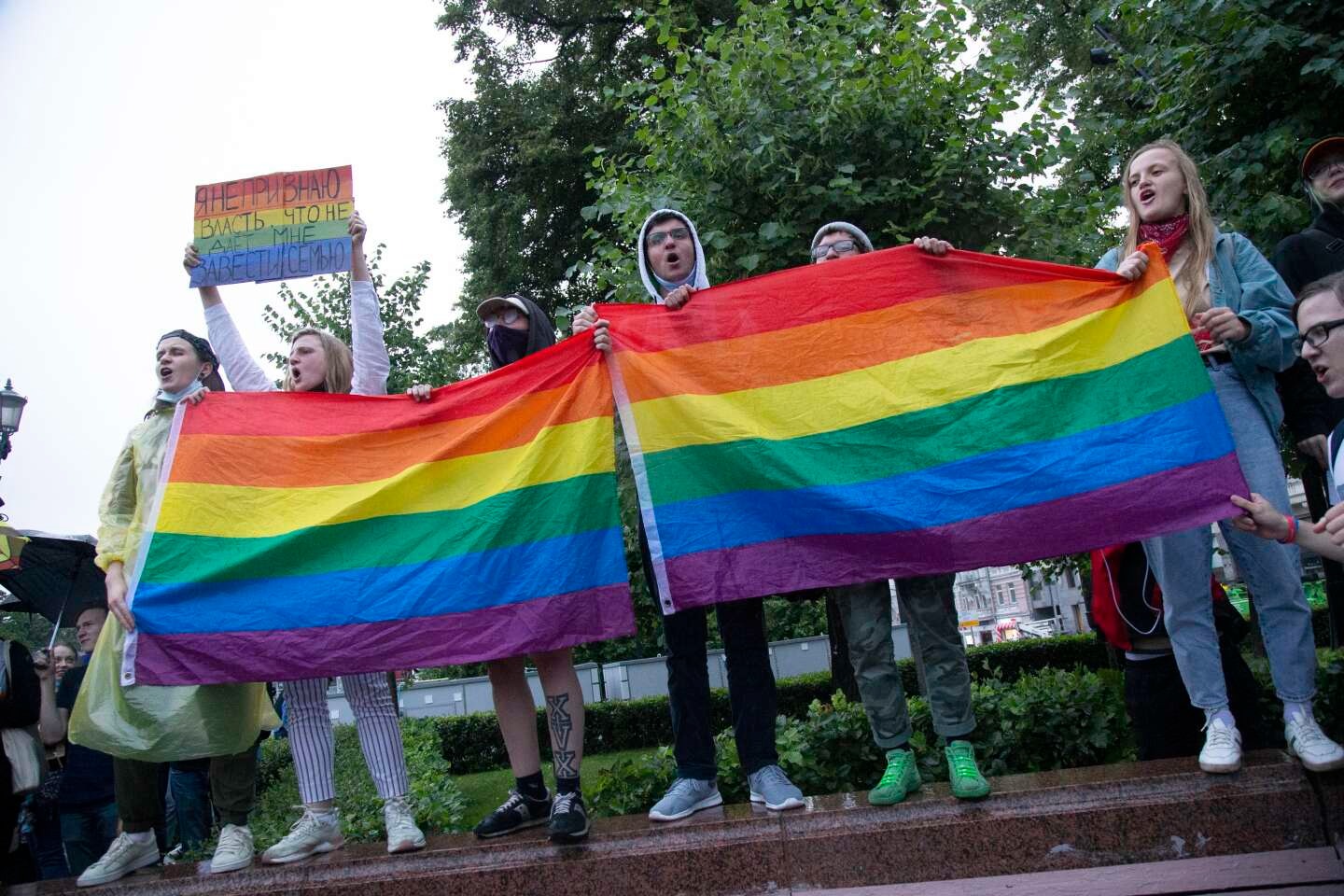In a troubling turn of events, a Russian university student, Danila Morozov, finds himself at the center of controversy as he faces repercussions for what many would consider basic expressions of identity and freedom of speech.
The 22-year-old student, enrolled at the prestigious Higher School of Economics and an active member of the Youth Parliament, has been handed a 15-day jail sentence along with a 50,000 ruble fine (approximately €500).
His alleged crimes? “Displaying LGBT symbols” and “discrediting the Russian army” through his now-defunct Telegram channel.

The situation has escalated against the backdrop of a November ruling by the Russian Supreme Court that labeled the “international LGBT movement” as an “extremist organization.” This categorization has cast a dark shadow over LGBTQ+ individuals and their allies, turning acts as simple as displaying a pride flag into potential offenses punishable by law.
Danila Morozov’s case is emblematic of the broader crackdown on LGBTQ+ rights and freedom of expression in Russia. The ruling has effectively criminalized queer activism, creating a chilling effect on LGBTQ+ individuals and their allies who dare to speak out or express their identity openly.
This crackdown extends beyond Morozov’s case. In March, another individual faced arrest and charges for using “extremist symbols” after allegedly sending a rainbow flag emoji in a private chat.
Such incidents highlight the alarming erosion of civil liberties and human rights in Russia, particularly for marginalized communities like the LGBTQ+ population.

The implications of this ruling go beyond individual cases. It has emboldened authorities to conduct raids on LGBTQ+ venues and mete out fines for individuals found displaying queer flags or wearing rainbow-colored earrings.
These heavy-handed tactics serve to intimidate and silence LGBTQ+ individuals, driving them further into the shadows and eroding their sense of safety and belonging in their own country.
As the international community watches with concern, it is imperative to speak out against such blatant violations of human rights and call for justice for individuals like Danila Morozov.
The fight for LGBTQ+ rights in Russia is far from over, and it is crucial to stand in solidarity with those who continue to courageously advocate for equality and dignity in the face of adversity.


